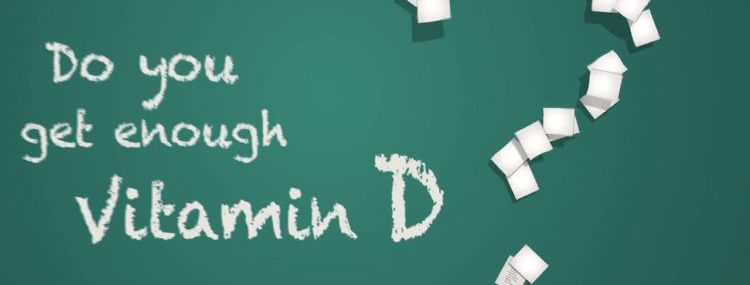
Top 10 Vitamin D Rich Foods
Vitamins as we all know are “vital” to our health. We require them every day to carry out crucial tasks such as seeing in dim light, digestion and absorption of foods, skin and bone health, nerve function and many more.
Vitamin D, also known as the sunshine vitamin is one of the critical nutrients for bone and overall health. The most important function of Vitamin D, among others involves its role in calcium absorption. Calcium as we all know is what makes the bones and teeth strong. Throughout childhood, calcium is deposited in the bones, leading to attainment of peak bone mass and strength later in life. If there is a deficiency of bone friendly nutrients (calcium and vitamin D) in this critical stage, it leads to a skeletal deficit that cannot be repaired in adolescent life, which may lead to brittle bones and osteoporosis in later life.
Apart from this, vitamin D is also implicated in many functions including heart health, cancer and diabetes prevention, prevention of preeclampsia (a dangerous condition which develops in pregnancy marked by very high blood pressure and swelling of feet and ankles ) and many more.
Being soluble in fat, although it is not easily destroyed in the cooking process, not many foods contain this vitamin naturally in them.
The best (and free!) source of vitamin D would be natural sunlight. The skin has the ability of manufacturing vitamin D from the sunlight. The ultraviolet rays, called UVB rays present in the sunlight starts to convert a hormone in the skin to vitamin D. From the skin, this travels to the liver and then to the kidneys where the active form of vitamin D is produced. Most national and international health agencies advice getting between 15 to 30 minutes of sun exposure every day or at least 3 times in a week with maximum skin exposure including face, arms, legs or back between the hours of 10 a.m. and 3 p.m. To get maximum vitamin D, one should not wear sunscreen, scarves or full sleeves.
Let’s look at what are the top ten sources of this vital vitamin.
- Cod fish: The cod fish is a type of cold water and deep sea fish found mostly in the pacific and the Atlantic regions. The fish itself is a good source of vitamin D, but usually the liver being the storehouse of vitamin D in the fish, processing is done to extract the cod liver oil.
- Salmon: Salmon is another sea fish that is a great source of vitamin D as well as other nutrients. Three ounces or about 100 grams of salmon provides almost 97% of the day’s Vitamin D needs.
- Mushrooms: Some mushrooms that are exposed to sunlight while growing are rich sources of vitamin D. Types such as portabello and maitake mushrooms provide more than 100 % of the day’s needs of vitamin D in a 100 gram portion.
- Caviar: The fish roe or the caviar is a good source of vitamin D, providing about 80% of the daily requirements of vitamin D.
- Tofu: Made from soya, tofu is a good source and probably the best source of vitamin D for strict vegetarians. About a quarter of day’s vitamin D needs can be obtained in 100 grams of tofu.
- Milk: Milk does contain some vitamin D. One glass of milk can provide about 10% of vitamin D needs.
- Cheese: Cheese is another option for vegetarians with 100 grams of cheese such as cheddar cheese providing close to 25% of the day’s needs of vitamin D.
- Eggs: The whole egg is one of the fair sources of the sunshine vitamin, with about 9 % of vitamin D needs being met in two eggs.
- Sardines: A cup or 100 grams of sardines can provide close to 40 % of the daily needs of vitamin D.
- Fortified foods: In many countries foods such as breakfast cereals and packaged juices are fortified with vitamin D, although this is not yet available in India.
To get your daily balance of nutrients right, log onto www.caloriecare.com and choose health! Expertly crafted nutritious meals ensure your nutrition needs are met…and more!



